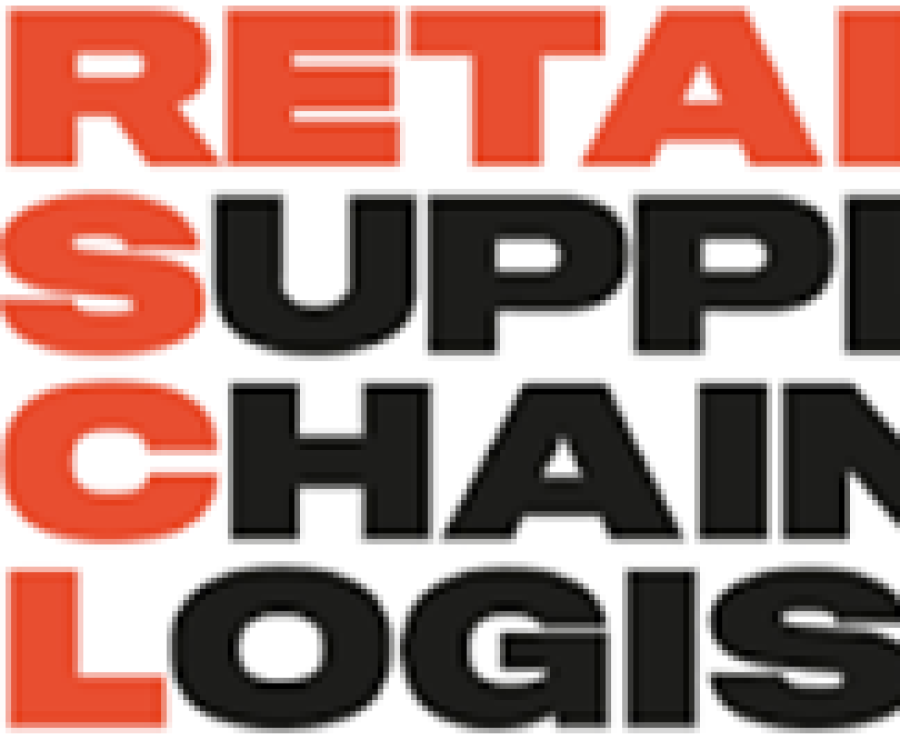
Trace One, the world’s largest collaborative retail business network for private label, released the results of its 2018 Retail Collaboration Survey. Surveying 385 grocery retailers and consumer goods suppliers across North America and Europe, the study explores collaboration between retailers and suppliers and highlights opportunities for improvement to boost private label success.
“Private label market share is booming worldwide, but retailers are facing tremendous pressure to stay connected to consumers and ahead of intense competition,” said Kelly Thompson Kell, Subject Matter Expert North America, Trace One. “This survey puts a spotlight on the opportunity for retailers and suppliers to adjust their collaboration strategies and partner network to bring new products to market faster, minimize risk and stay up-to-date with industry regulations.”
New products differentiate retail companies
Ninety percent of retailers feel that sourcing new products is an opportunity to gain a competitive edge, while 55 percent feel it’s time consuming. These statistics align with Trace One’s Consumer Confidence in Private Label Report, which found that 72 percent of consumers shop at a specific retailer more than once per month because of its private label products.
Managing new suppliers is complex
To sell on-trend products and seize new opportunities, many retailers need to change suppliers but find the change management process daunting. The survey revealed that 47.5 percent of retailers find it hard to achieve expected benefits and improved product quality; 35 percent find it time consuming; 30 percent find it difficult to build a trusting relationship and 27.5 percent find it risky to adapt overseas suppliers due to cultural differences and exchange rates. To avoid these pitfalls and limit risk, leading retailers should streamline compliance management processes and assess supplier performance on a regular basis.
Retailers use diverse methods to source new products
The survey also revealed trends in product sourcing. Fifty-seven percent of retailers conduct market research and reviews, 52.5 percent of retailers attend tradeshows and read trade publications and 47.5 percent of retailers rely on proactive pitching from suppliers. Further, there is a rise in new channels such as online marketplaces (9 percent). Online networks and marketplaces enable quick product discovery. These channels can provide global sales opportunities as B2B e-commerce continues to mature.
“Retailers and suppliers have the potential to streamline efforts to capitalize on private label’s popularity. Working alone is no longer an option,” added Thompson Kell. “By improving collaboration strategies and tuning into retail communities both domestically and globally, retailers can stay ahead of emerging trends and bring unique, new products to shelf.“






